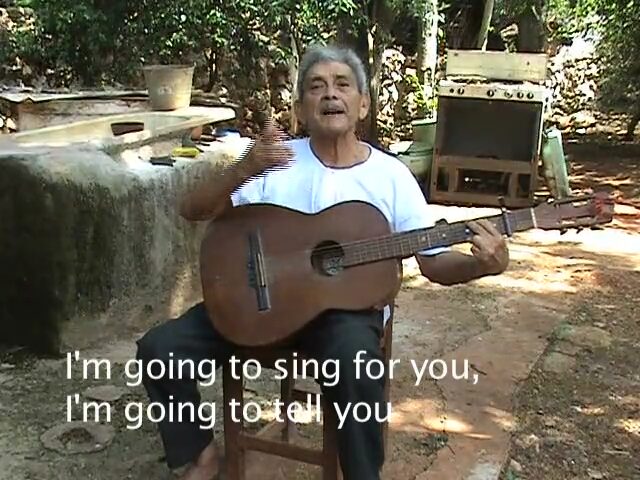
For Thursday, please read these short selections from the volume An Epoch of Miracles: Oral Literature of the Yucatec Maya.
p. 48–61: “The Epoch of Miracles,” “The Story of the Hunchbacks”
p. 62: “Santo Muerte”
p. 66–70: “Jesus Christ”
p. 74–79: “The History of Don Francisco Xiu”
p. 121: “An Orpheus Story”
p. 135–139: “Just Things That Frighten One,” “Wizards”
p. 152: “A Story about a Trickster and a Priest”
p. 233: “The Joke about an Old Man Who Went to Mérida for a Year”
p. 238–244: “Definitions”
p. 244–257: “The Last Story of the Feathered Serpent”
As you read, please think about the following questions:
- How is the Maya cosmovision reflected in these stories?
- How do pre-Hispanic and Christian belief systems combine in these stories?
- Where do you see traces of the colonial experience?
- How is Maya identity approached in these tales? (Think especially about “The Old Man Who Went to Mérida” joke.)
- Which story or definition interested you most, and why?
- What do you think about the ethnographer’s short statement before “The Last Story of the Feathered Serpent”?
Download An Epoch of Miracles: Oral Literature of the Yucatec Maya
Visit this page to watch Maya oral performance. The author of the essay—”Oral Storytelling as a Yucatec Maya Strategy of Resistance”—argues that orality and oral performance constitute a form of resistance to colonial oppression and the textual erasures committed by figures like friar Diego de Landa, who burned the Maya codices.